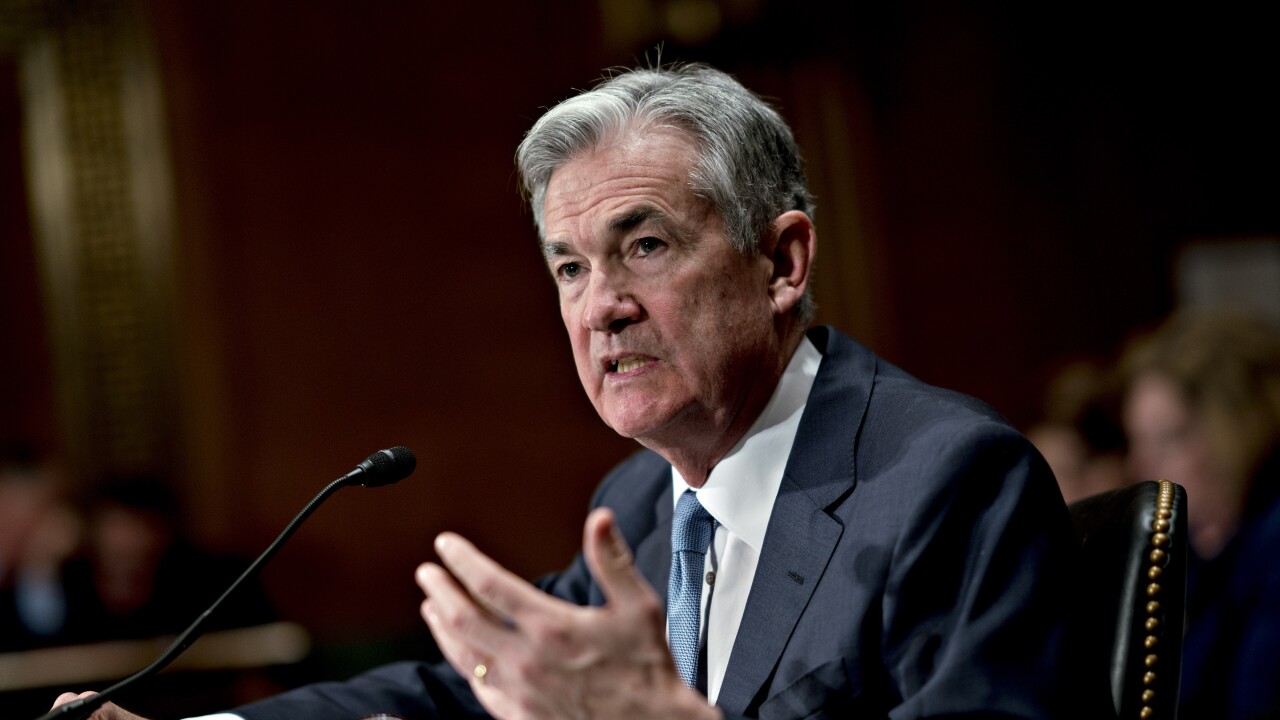
(Bloomberg) --Goldman Sachs Group Inc. is revamping how its asset-management teams get rewarded, boosting their payouts when funds outperform.
The changes instituted over the past several months will lift the share of profits available for investing teams directly responsible for the performance of Goldman's alternative-investment funds, people familiar with the matter said. The board has approved the shift, which applies to some existing vehicles as well as future funds, one of the people said.
The share of performance rewards, known as carried interest, usually gets divvied up between employees and the bank's own accounts. Under the new structure, investing teams will receive 40% to 50% of the carry pool, the person said. That's up from 30% to 40% for many of the funds, a share that varies based on fund type and size.
Goldman, which oversees $267 billion in fee-earning alternative assets, is trying to bring compensation more in line with rival investment firms as it moves toward third-party capital to fund its investing activities instead of relying on its own balance sheet. The shift could also help fend off further defections to rivals.
Pay at Goldman will be more closely watched than in past years after a succession of big swings — massive checks for 2021 followed by steep cuts. As the firm's senior managers prepare for year-end discussions on how much pay to set aside, there's already an expectation that despite a second straight year of slumping profits, the impact on pay will be more modest this year.
Chief Executive Officer David Solomon has sought to tie last year's bonus cuts to internal strife at Goldman spilling into public view this year. "2022 was the first time in over a decade that we had a meaningful down move in compensation," Solomon said in September. "I think that contributed to it."
Apollo, Carlyle
Last week, Apollo Global Management Inc. said it was changing the pay structure for four of its key leaders, moving it more toward stock-based compensation to better align the firm with its shareholders. The investing giant said that the move will allow Apollo to pay other employees a greater share of principal investing income.
At Carlyle Group Inc., the alternative-asset manager run by Goldman alum Harvey Schwartz, 45% of carried interest is set aside for investment professionals, according to its filings. That pool typically kicks in after a fund's gain crosses a certain return hurdle, which tends be about 8% in the investing industry.
Goldman's shift is another in a line of recent changes to how lucrative investing profits get split up. Early in Solomon's tenure, the firm opened up a cut to its group of roughly 400 partners, as well as a discretionary piece for the most senior executives. That was contingent on them investing their money in those funds. The people weren't necessarily involved with the performance that was generating those profits, but it was seen as a juicy perk.
It came during a bull market when the firm was minting record profits, and its top executives looked for new ways to complement their pay, including a contentious attempt to seek out outsized gains from its offering of special purpose acquisition companies before the market for those vehicles imploded.
The new round of changes represent a more focused attempt at showering rewards on teams directly for their work and heading off the risk of investing talent leaving for better opportunities elsewhere. The asset-management unit has seen several leadership switches, and that's sparked questions from consultants and potential fund investors on the stability of the teams shepherding their money. Goldman has said that the investing teams have remained stable even amid the changes in management.
Goldman has been moving away from investing its own capital in favor of doing it for others. It's a big change: In the five years before Solomon took over in 2018, Goldman's portfolio of balance-sheet investments delivered more profit than any other part of the bank.
The goal is to wind down the majority of investments made with the firm's own capital and replace that with money from other institutions. The New York-based firm is on track to meet a previously stated goal of raising $225 billion for alternative investments ahead of its 2024 target.





